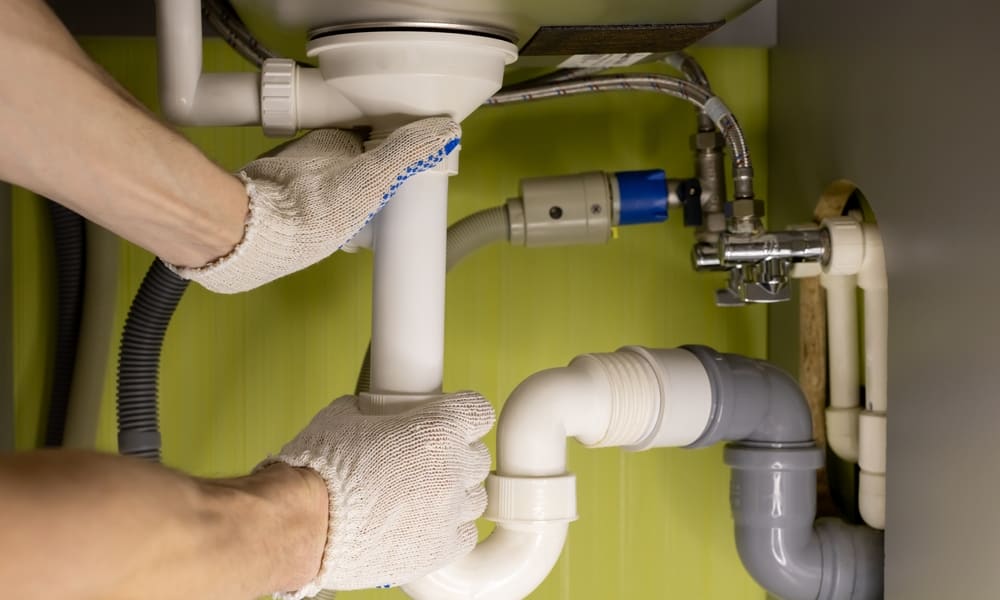The Comprehensive Guide to Plumber Services: What You Need to Know
Plumbing issues can strike at any time, disrupting our daily lives and potentially causing significant damage to our homes. Whether it's a leaky faucet, a clogged drain, or a burst pipe, the services of a professional plumber are invaluable. This comprehensive guide will explore the world of plumber services, helping you understand when to call a professional, what services they offer, and how to choose the right plumber for your needs.

-
Drain cleaning and unclogging: From kitchen sinks to main sewer lines, plumbers have the tools to clear even the most stubborn blockages.
-
Water heater installation and repair: Whether you need a new water heater or your existing one needs maintenance, plumbers can handle it.
-
Pipe installation and replacement: For new construction or replacing old, damaged pipes, plumbers ensure proper installation and connection.
-
Fixture installation: From toilets and sinks to showers and bathtubs, plumbers can install and repair various fixtures.
-
Emergency services: Many plumbers offer 24/7 emergency services for urgent issues like burst pipes or severe leaks.
How do I know when it’s time to call a plumber?
While some minor plumbing issues can be tackled as DIY projects, there are several situations where it’s best to call in a professional plumber:
-
Persistent low water pressure throughout your home
-
Multiple clogged drains or toilets
-
Strange noises coming from your pipes or water heater
-
Visible water stains on walls or ceilings
-
Foul odors emanating from drains or pipes
-
No hot water or inconsistent water temperature
-
Unusually high water bills without an apparent cause
If you encounter any of these issues, it’s wise to consult a professional plumber to diagnose and resolve the problem before it escalates.
What should I look for when choosing a plumber?
Selecting the right plumber is crucial for ensuring quality work and peace of mind. Here are some key factors to consider when choosing a plumbing service:
-
Licensing and insurance: Verify that the plumber is properly licensed and insured in your area.
-
Experience and expertise: Look for plumbers with a proven track record and experience in handling your specific issue.
-
Availability: Choose a plumber who offers timely service, especially for emergencies.
-
Reputation: Read reviews and ask for references to gauge the plumber’s reliability and quality of work.
-
Transparent pricing: Seek plumbers who provide clear, written estimates before starting work.
-
Warranty: Inquire about warranties on parts and labor for added protection.
How much do plumbing services typically cost?
The cost of plumbing services can vary widely depending on the nature of the job, your location, and the plumber’s experience. Here’s a general overview of common plumbing services and their estimated costs:
| Service | Estimated Cost Range |
|---|---|
| Drain cleaning | $100 - $300 |
| Leak repair | $150 - $500 |
| Water heater installation | $800 - $1,500 |
| Pipe replacement | $350 - $2,000+ (depends on extent) |
| Toilet installation | $200 - $500 |
| Emergency service call | $100 - $300 (additional to service cost) |
Prices, rates, or cost estimates mentioned in this article are based on the latest available information but may change over time. Independent research is advised before making financial decisions.
Can regular maintenance help prevent plumbing emergencies?
Absolutely! Regular maintenance can significantly reduce the likelihood of plumbing emergencies and extend the life of your plumbing system. Some preventive measures include:
-
Schedule annual plumbing inspections to catch potential issues early.
-
Clean drains regularly to prevent buildup and clogs.
-
Insulate pipes in cold areas to prevent freezing and bursting.
-
Be mindful of what you flush or pour down drains to avoid clogs.
-
Address small leaks promptly before they become major problems.
-
Maintain your water heater according to manufacturer recommendations.
By implementing these maintenance practices and addressing minor issues promptly, you can save money on costly repairs and avoid the inconvenience of plumbing emergencies.
In conclusion, understanding plumber services and knowing when to call a professional can save you time, money, and stress. By choosing a reputable plumber, being aware of common issues, and practicing regular maintenance, you can ensure that your home’s plumbing system remains in top condition. Remember, when in doubt, it’s always better to consult a professional plumber to address your concerns and keep your water flowing smoothly.






